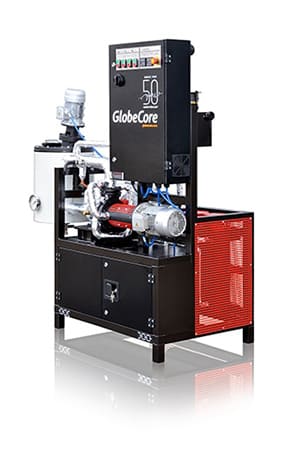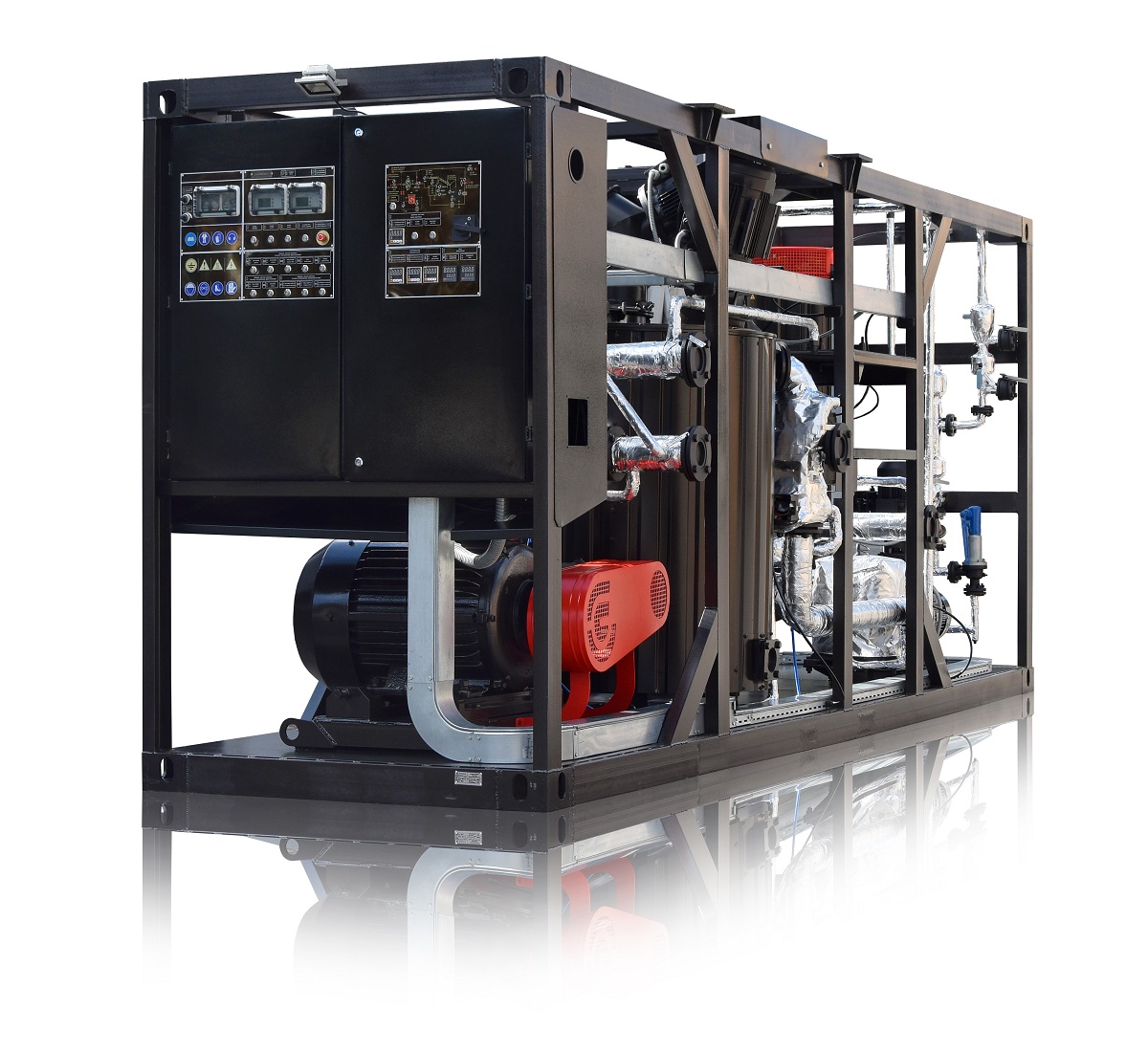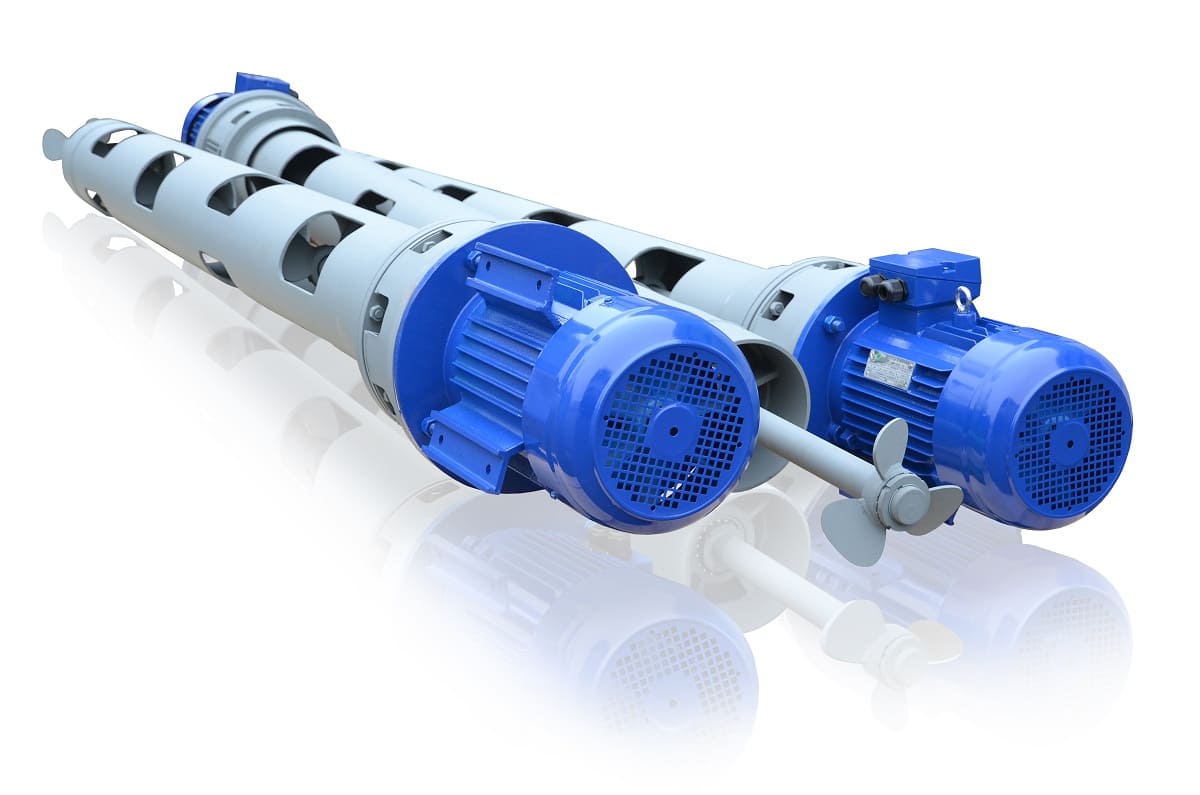Bitumen Modification Plant. Modified Bitumen Production
The compatibility of bitumen and polymers is essential to obtain a high-quality final product. In such case, the polymer is able to absorb oil components of the binder, preserving the structure. Due to the modification process, bitumen is turned into an elastomer1An elastomer is a polymer with viscoelasticity (i.e., both viscosity and elasticity) and very weak intermolecular forces, and generally low Young’s modulus and high failure strain compared with other materials. that possesses better elasticity.
Modern petrochemical industry professionals attempt to maximize the yield of light oil products and extract most of the paraffin-naphthenic fractions from bitumen. This reduces its flexibility at low temperatures and reduces the softening point at high temperatures. Most modern bitumen will lose elasticity at approximately twenty degrees (20 0C) and begin to soften at between +45 0C to 48 0C. The use of non-modified bitumen therefore, in both road construction, which requires a binder with a temperature range from -40 0C to +70 0C, and for roofing materials, which are often subjected to temperatures up to 90 0C, is not efficient. Fortunately, there are ways to change and improve the properties of bitumen by mixing it with various additives. This is best achieved in special bitumen modification units such as the GlobeCore USB-3 bitumen modification system.
This website uses cookies, but you can opt out if you want.
Privacy Overview
This website uses cookies to improve your experience while you navigate through the website. Out of these, the cookies that are categorized as necessary are stored on your browser as they are essential for the working of basic functionalities of the website. We also use third-party cookies that help us analyze and understand how you use this website. These cookies will be stored in your browser only with your consent. You also have the option to opt-out of these cookies. But opting out of some of these cookies may affect your browsing experience.
Necessary cookies are absolutely essential for the website to function properly. This category only includes cookies that ensures basic functionalities and security features of the website. These cookies do not store any personal information.
Any cookies that may not be particularly necessary for the website to function and is used specifically to collect user personal data via analytics, ads, other embedded contents are termed as non-necessary cookies. It is mandatory to procure user consent prior to running these cookies on your website.





